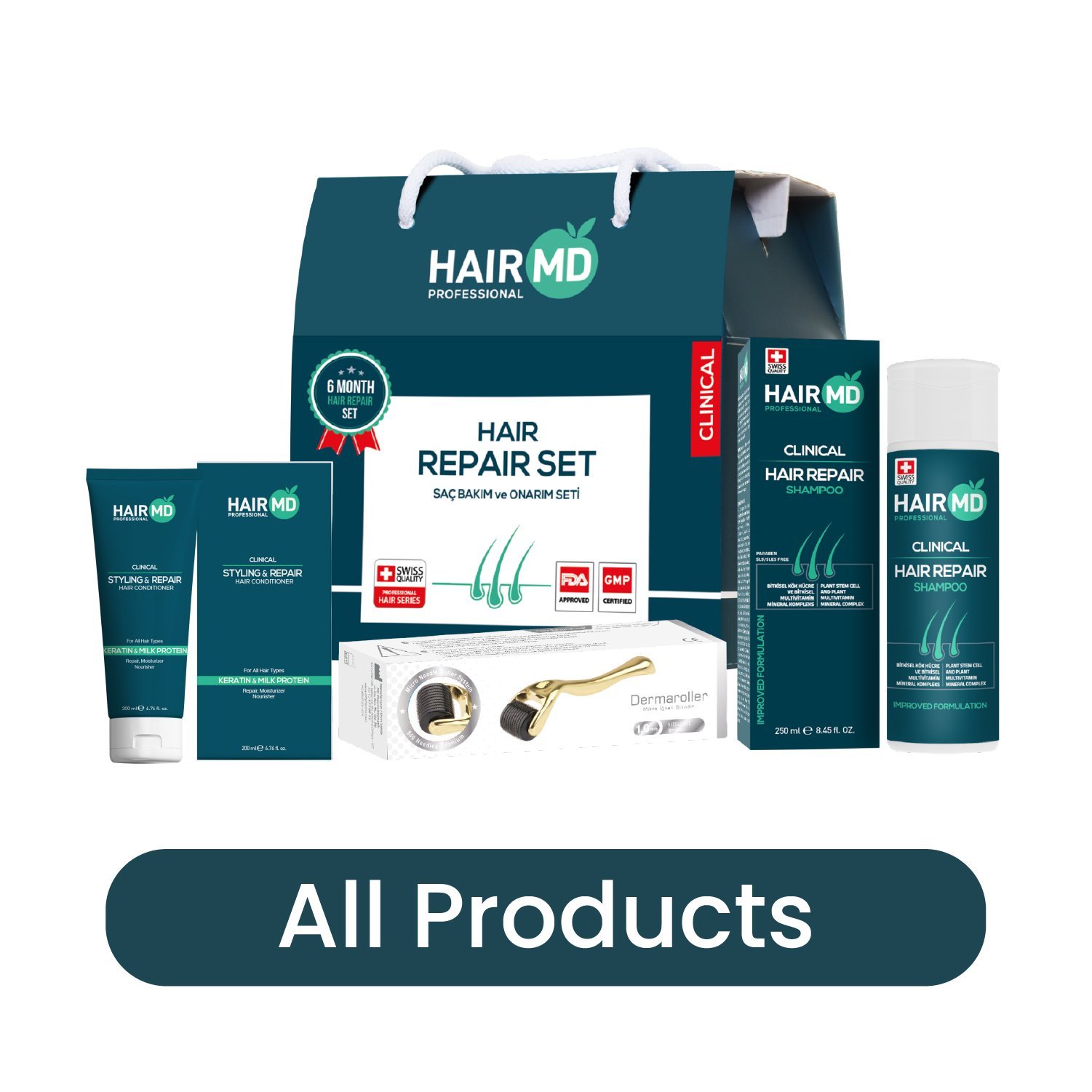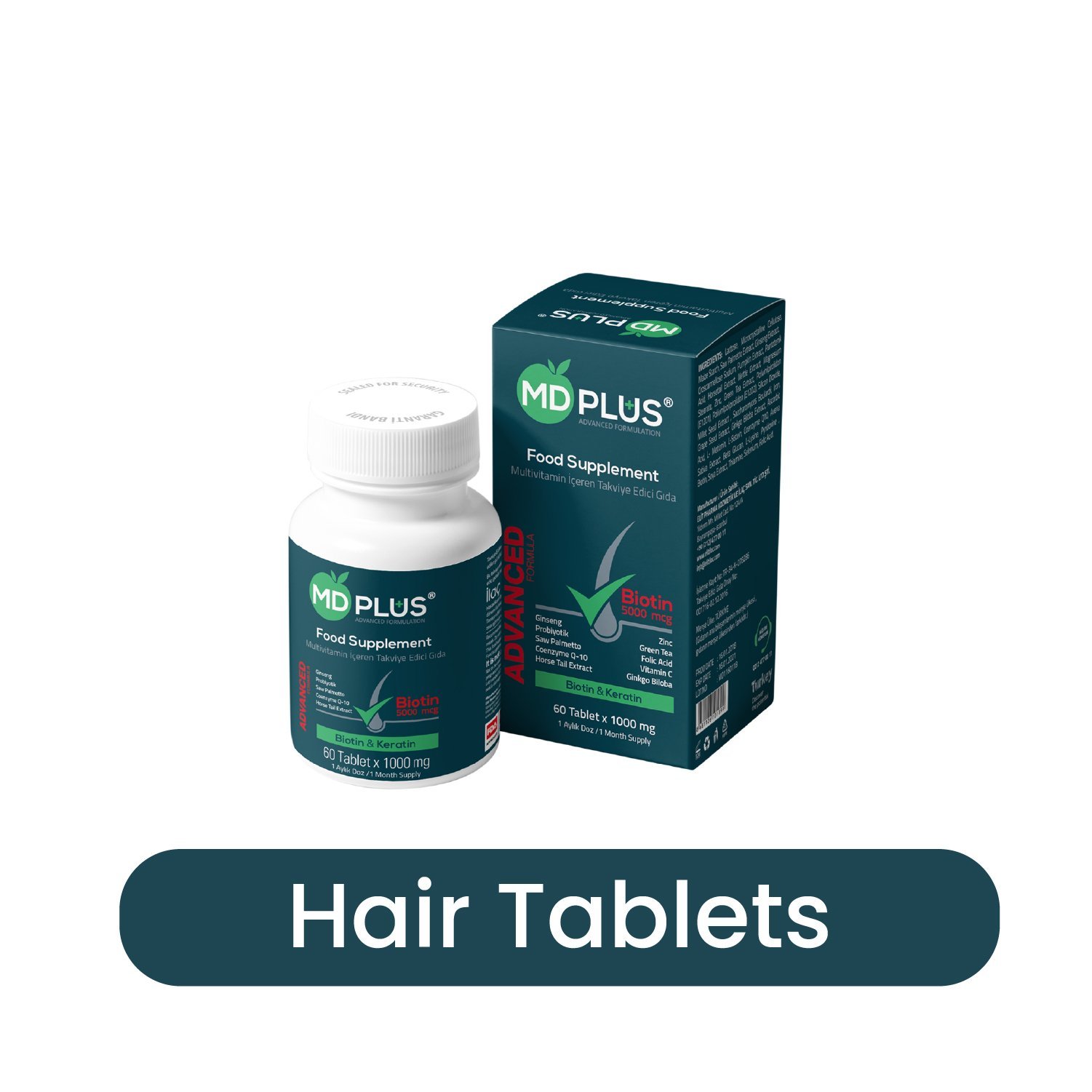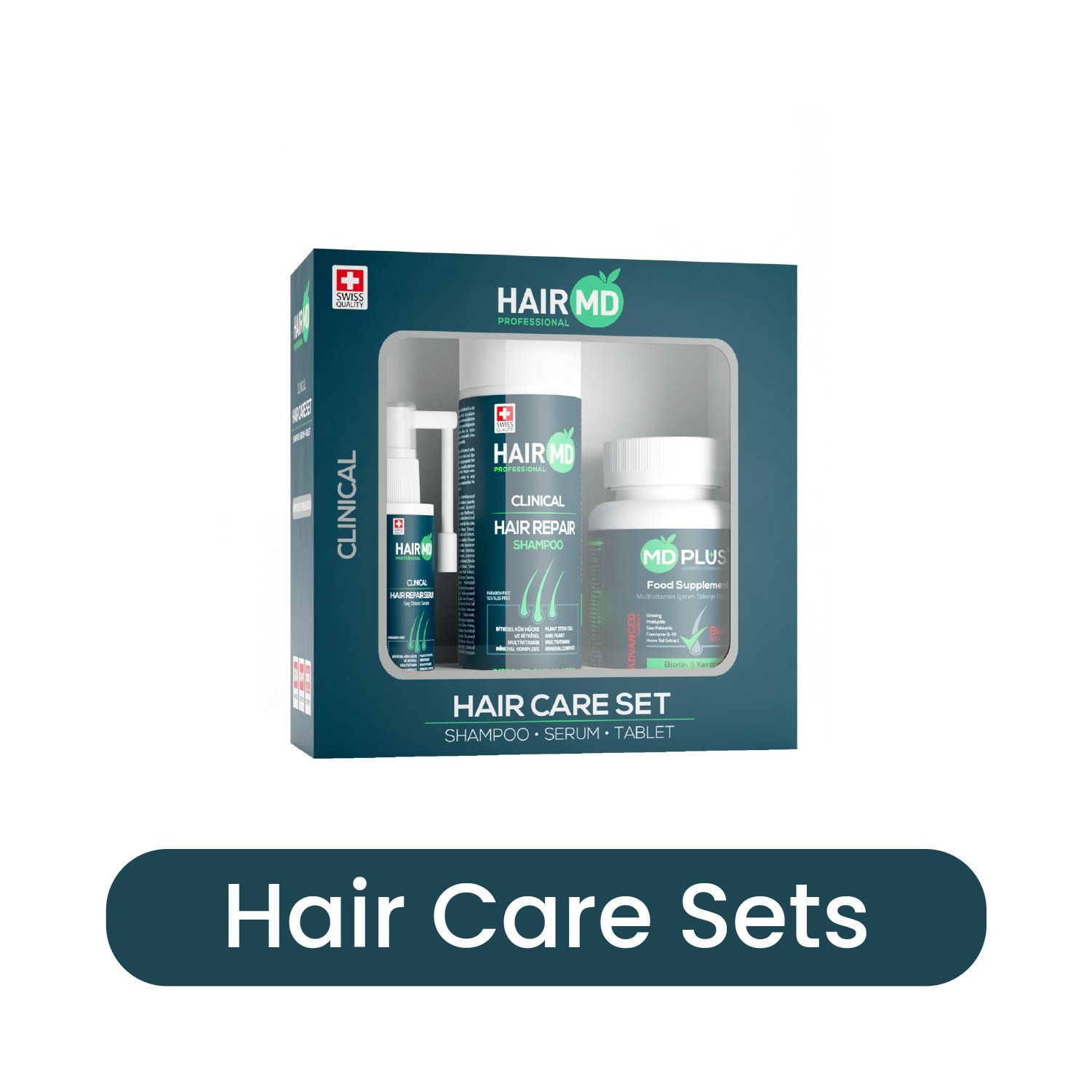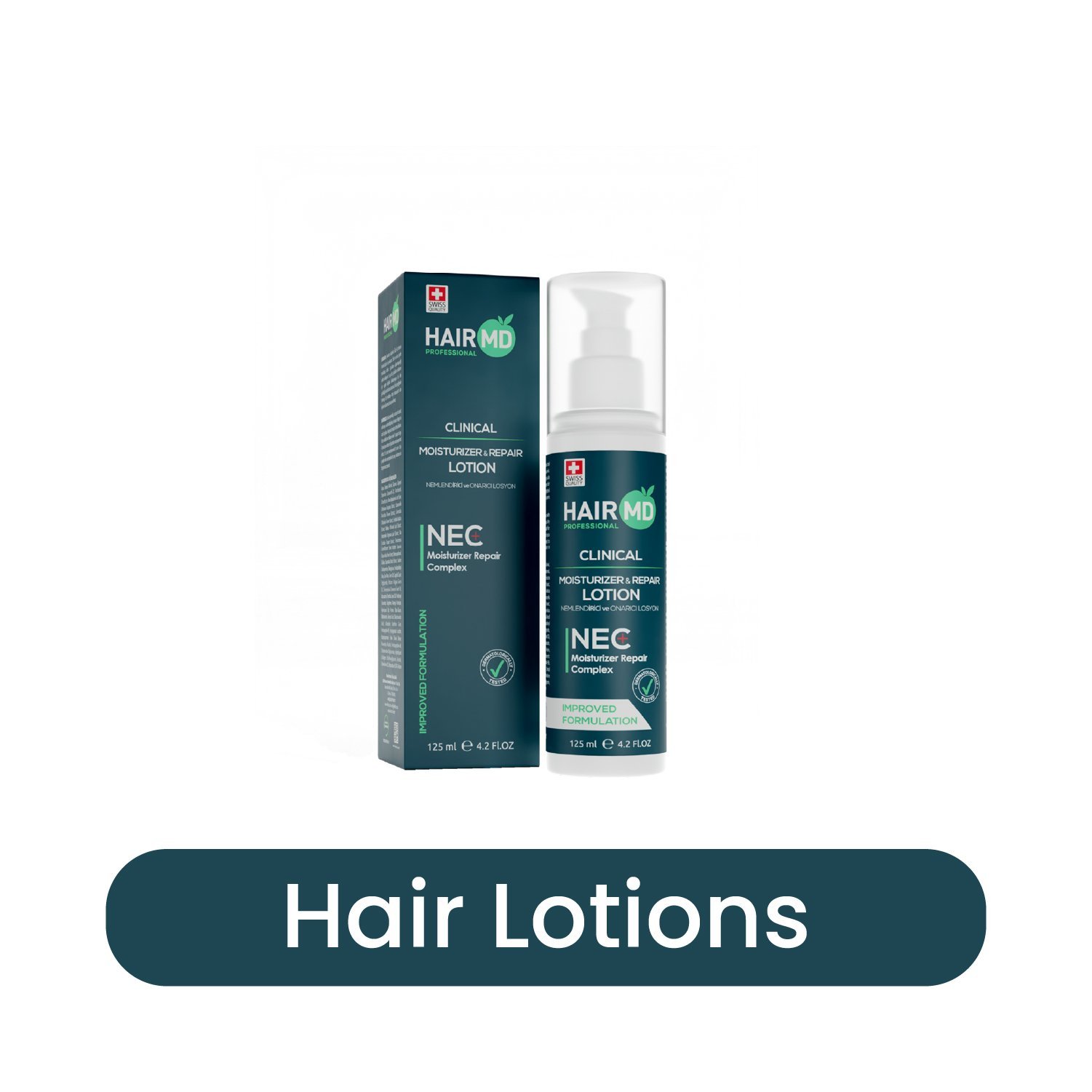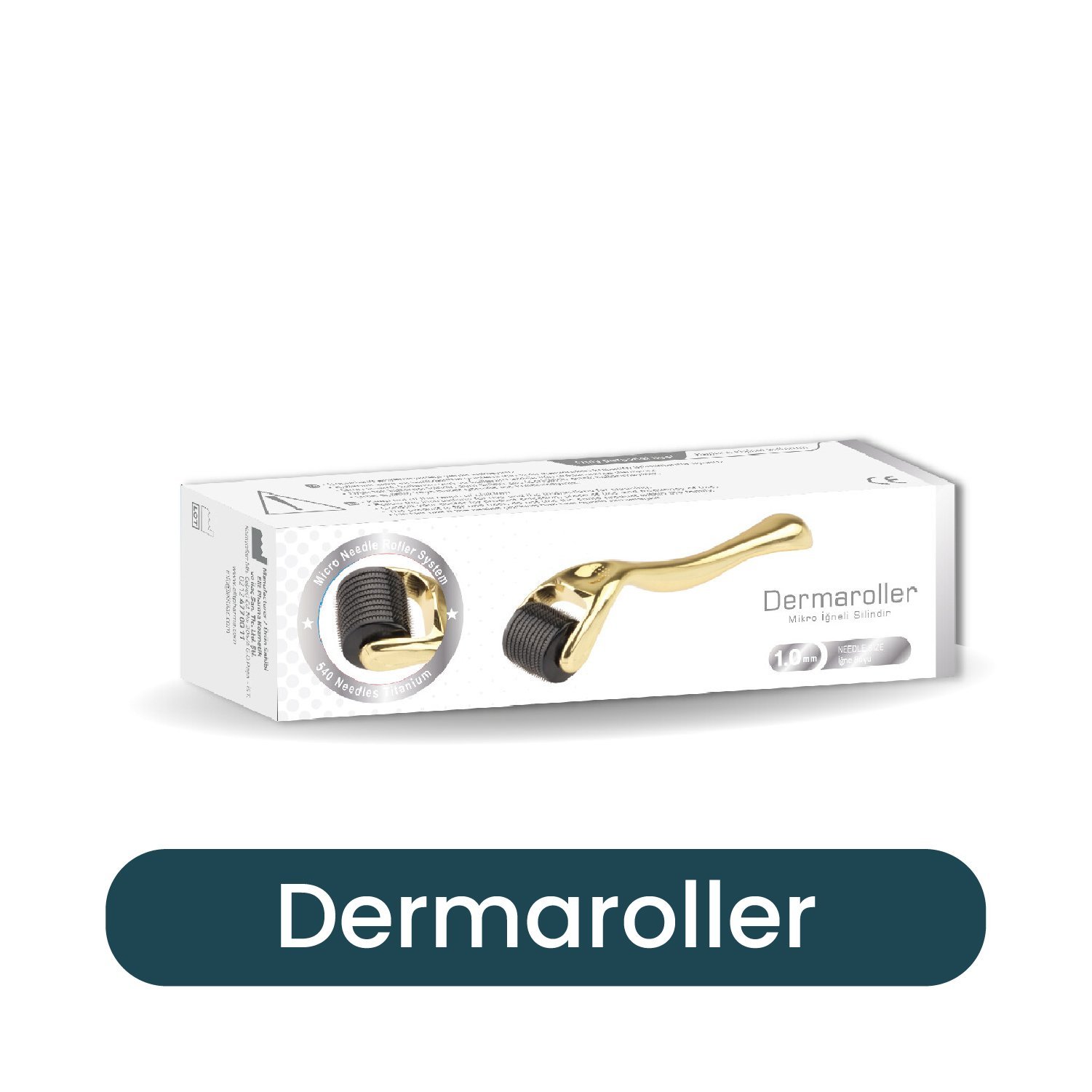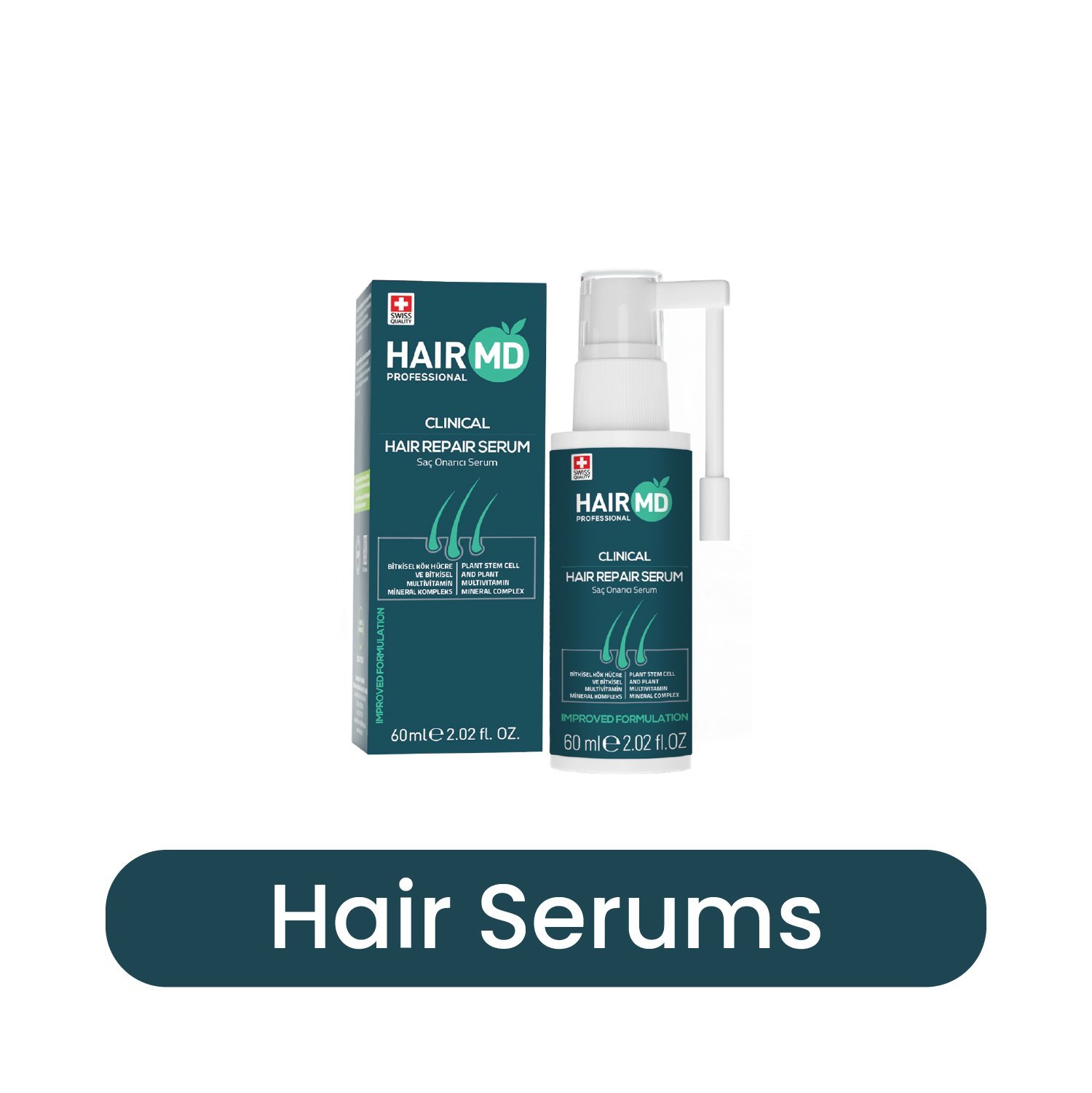Hair Transplant Dandruff Problems: Causes and Solutions
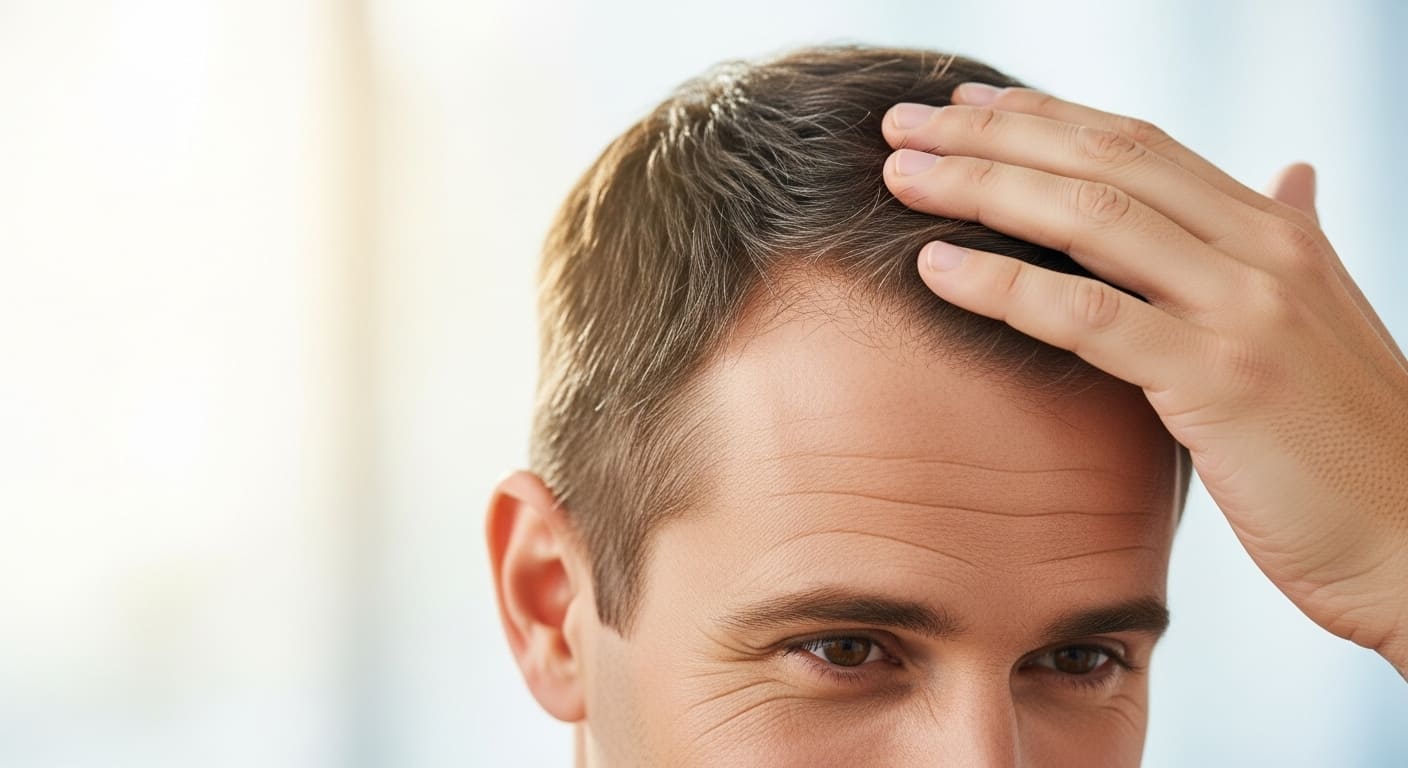
Hair transplantation is becoming increasingly popular as an effective solution for permanent hair loss problems. However, many people may face an unexpected issue after this procedure: dandruff. In this article, we will examine in detail the dandruff problem that can occur after hair transplantation, its causes, and effective solutions. We will especially discuss how specially formulated products like HairMD Clinical Strength Anti Dandruff Advanced Shampoo can address this issue.
Why Does Dandruff Occur After Hair Transplantation?
Hair transplantation, by its nature, creates temporary trauma to the scalp. There are several main reasons for dandruff formation after this procedure:
- Scalp Trauma: Micro-wounds and trauma that occur on the scalp during hair transplantation accelerate the natural renewal process of the skin. This can cause dead skin cells to shed faster than normal and appear as dandruff.
- Dryness and Irritation: Antiseptic solutions and medications used after the procedure can dry out the scalp. Dry scalp is one of the most common causes of dandruff formation.
- Washing Restrictions: There may be restrictions on washing your hair in the first days after hair transplantation. This can increase the accumulation of oil and dead cells on the scalp, triggering dandruff formation.
- Malassezia Fungus: This fungus, naturally found on the scalp, can proliferate excessively in changing skin conditions after hair transplantation and contribute to dandruff formation.
- Medication Use: Some medications used after hair transplantation can trigger dandruff formation by changing the oil balance of the scalp.
Should We Take Dandruff Problems After Hair Transplantation Seriously?
Dandruff seen after hair transplantation is usually a temporary condition. However, if not managed properly, it can lead to some complications:
- Graft Health: Excessive dandruff and itching can negatively affect the settlement and healthy growth of newly placed grafts.
- Risk of Infection: Scratches that may occur on the scalp due to itching can increase the risk of infection.
- Aesthetic Concerns: Dandruff can become visible, especially when wearing dark-colored clothes, causing social discomfort.
- Hair Quality: Dandruff problems that are not treated for a long time can negatively affect hair quality and endanger the health of newly growing hair.
Effective Solutions for Dandruff After Hair Transplantation

1. Choosing the Right Shampoo
Using specially formulated shampoos is of great importance for those experiencing dandruff problems after hair transplantation. HairMD Clinical Strength Anti Dandruff Advanced Shampoo is a clinical-strength product developed specifically for this purpose. This shampoo:
- Contains active ingredients that prevent dandruff formation
- Helps prevent hair loss
- Strengthens hair roots
- Supports natural hair growth
- Gently cleanses the scalp without irritation
2. Proper Washing Techniques
The way you wash your hair after hair transplantation can also affect dandruff formation:
- Start regular washing after the period recommended by your surgeon
- Use lukewarm water (very hot water can dry out the scalp)
- Apply shampoo with gentle massage, taking care not to damage the grafts
- Let the shampoo sit on the scalp for at least 3-5 minutes
- Rinse thoroughly, leaving no shampoo residue
Dandruff problems should also be addressed from the inside out:
- Drink plenty of water
- Consume foods rich in omega-3 fatty acids
- Focus on foods containing zinc and B vitamins
- Avoid excessively spicy and oily foods
- Practice activities like meditation or yoga for stress management
Regular scalp care is effective in preventing dandruff problems:
- Apply a mild scalp peeling once a week (with your doctor’s approval)
- Use moisturizing hair masks
- Avoid using very hot hair dryers
- Be gentle with your scalp, don’t use harsh brushes

Advantages of HairMD Clinical Strength Anti Dandruff Advanced Shampoo
HairMD Clinical Strength Anti Dandruff Advanced Shampoo, specially formulated for those experiencing dandruff problems after hair transplantation, offers many advantages:
Clinical Strength Formulation
This shampoo has a clinical-strength formulation unlike ordinary anti-dandruff shampoos. The active ingredients in its content solve dandruff formation at its root without irritating the scalp.
Protection Against Hair Loss
It is an ideal solution for those concerned about hair loss in the post-hair transplantation period. Thanks to the special ingredients in its formula, it helps prevent hair loss and strengthens existing hair.
Hair Root Health
The product not only eliminates dandruff problems but also supports the health of hair roots. With this feature, it contributes to the stronger and healthier growth of new hair after hair transplantation.
Promotes Natural Hair Growth
HairMD Clinical Strength Anti Dandruff Advanced Shampoo contains ingredients that promote natural hair growth. This way, it accelerates the healing process after hair transplantation and helps you achieve a fuller hair appearance.
Safe for Sensitive Scalp
The scalp usually becomes sensitive after hair transplantation. This shampoo is formulated to be safe for sensitive scalp, thus providing effective cleaning without creating extra irritation or burning sensation.
Expert Recommendations for Dandruff Problems After Hair Transplantation
Hair transplantation experts usually make the following recommendations to their patients experiencing dandruff problems:
- Be Patient: Dandruff problems after hair transplantation are usually temporary and decrease within a few weeks with proper care.
- Stay in Touch with Your Doctor: If your dandruff problem worsens or persists for a long time, be sure to consult your doctor.
- Use Special Products: Prefer products specially formulated for post-hair transplantation like HairMD Clinical Strength Anti Dandruff Advanced Shampoo.
- Avoid Scratching: Dandruff can cause itching, but scratching your scalp can damage the grafts and increase the risk of infection.
- Have Regular Check-ups: Regular check-ups after hair transplantation ensure early diagnosis of possible problems.
Dandruff Problems After Hair Transplantation: Frequently Asked Questions
When can I start using shampoo after hair transplantation?
Surgeons generally recommend gentle washing 3-4 days after the procedure. However, it is important to get your doctor’s approval before starting to use special shampoos like HairMD Clinical Strength Anti Dandruff Advanced Shampoo.
How long does the dandruff problem last?
Dandruff problems after hair transplantation are usually temporary and decrease within 2-4 weeks with proper care. However, in some cases, it may last longer and require special treatment.
Why should I use special shampoo instead of normal shampoos?
Normal shampoos can be too harsh for the scalp that has become sensitive after hair transplantation, and the chemicals they contain can damage the grafts. Special shampoos like HairMD Clinical Strength Anti Dandruff Advanced Shampoo both eliminate dandruff problems and support the healthy growth of grafts.
Does the dandruff problem affect the retention of grafts?
Excessive dandruff and related itching, if not controlled, can negatively affect the settlement of grafts. Therefore, it is important to solve the problem in the early period.
How often should I use HairMD shampoo?
It is generally recommended to use it 2-3 times a week, but you can adjust the frequency of use according to your doctor’s recommendations.
Conclusion: A Holistic Approach to Dandruff Problems After Hair Transplantation
Dandruff problems after hair transplantation can be effectively managed with the right products and care methods. Specially formulated products like HairMD Clinical Strength Anti Dandruff Advanced Shampoo can provide great support in this process.
Remember that hair transplantation is not just a procedure, but a long-term care process. Taking care of your scalp health is of great importance for the healthy growth and longevity of your grafts. Dandruff problems are a temporary difficulty you may encounter in this process and can be easily overcome with the right approach.
Always follow expert advice on post-hair transplantation care and support your scalp health with clinical-strength products like HairMD Clinical Strength Anti Dandruff Advanced Shampoo. A healthy scalp is the foundation of strong and vibrant hair.

